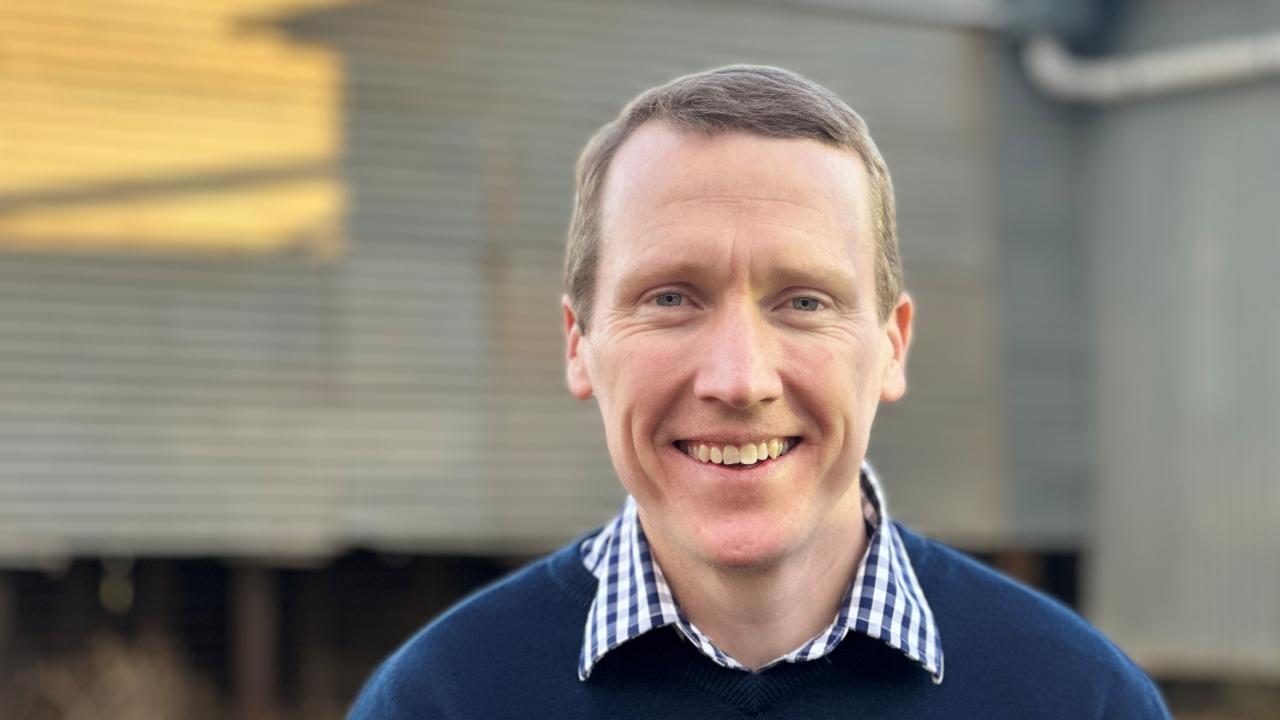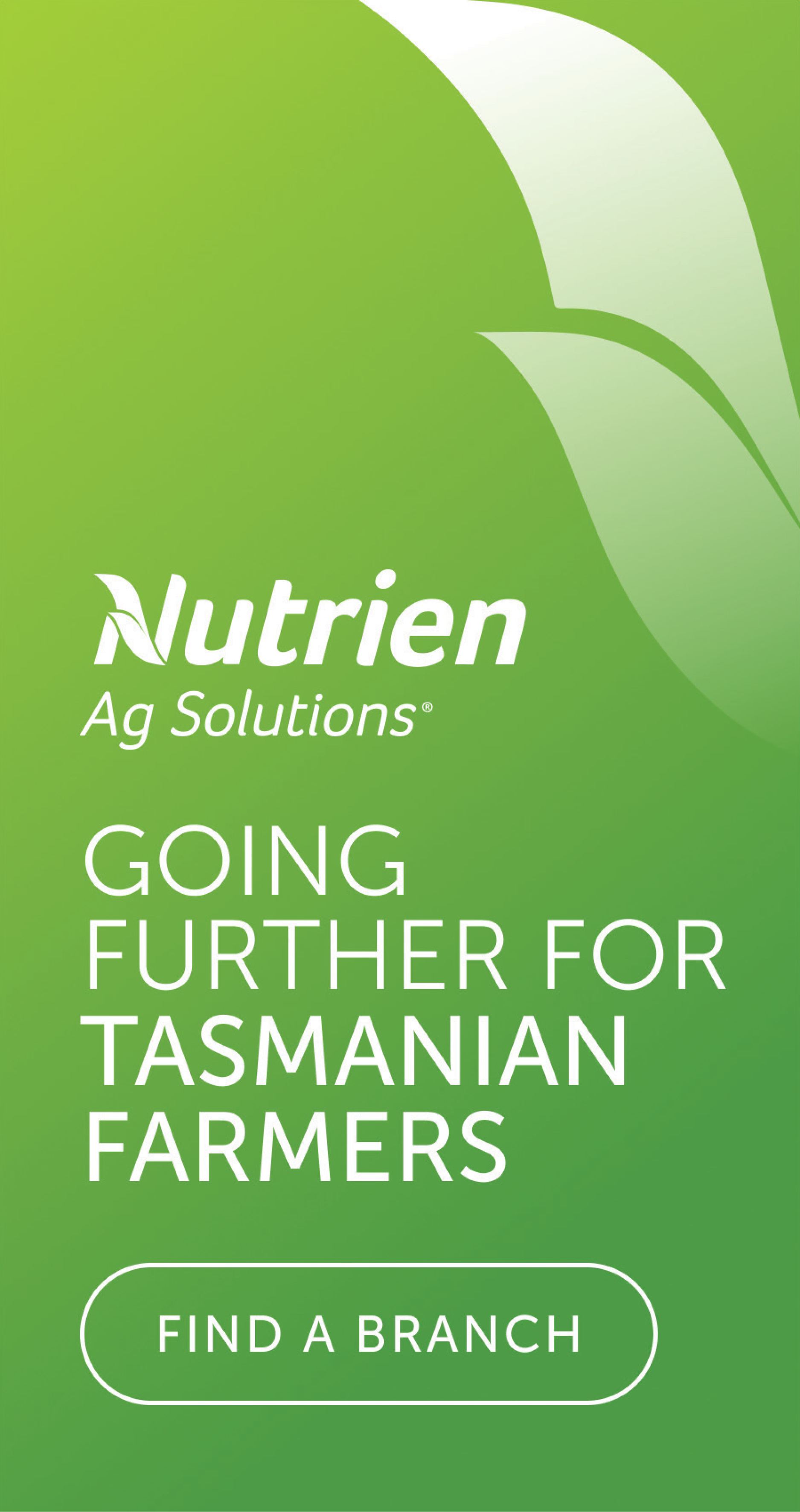Tasmanian professor turns out to be a fine fellow

Many a farmer has turned to Professor Matthew Harrison for answers on how to access alternative markets, find economic and practical ways to keep farming while maintaining profitability or reduce net greenhouse gas emissions and create a carbon account.
In fact the Launceston-based farming systems scientist at the Tasmanian Institute of Agriculture (TIA) is a leading expert in sustainable agriculture and has been on countless properties and spoken at many seminars and field days to try to add some predictability in a world of untold variables.
He has now been recognised for his outstanding applied impact on the agricultural industry in Tasmania, Australia and internationally, having been elected as a Fellow of the Australian Academy of Technological Sciences and Engineering (ATSE), joining a select group of the nation’s leading minds working to address the Australia’s most urgent challenges.
Election to the ATSE Fellowship is highly competitive, with nominees undergoing a rigorous, merit-based peer review process conducted by existing Fellows.
This year’s group includes the first astronaut flying under the Australian flag, a pioneer of aerial robotics technology and an air quality expert who helped highlight the airborne spread of COVID-19. Among the 35 new Fellows, Professor Harrison is the only one elected from Tasmania.
“As leader of the Carbon Storage Partnership, my work contributes towards developing pathways that will help the Australian cropping and livestock sectors progress toward lower greenhouse gas emissions while also improving environmental stewardship and enterprise profit,” Prof. Harrison said.
“I’m honoured to have an opportunity to champion important issues relating to sustainable agriculture in my role as an ATSE Fellow."
Professor Harrison’s election highlights the important role of agricultural science in developing innovative solutions for sustainable farming and resilient food systems.
He has long found ways to showcase some of the accounting tools that farmers can use to guide their decisions on stock numbers, tree-to-pasture ratios, crop rotations, irrigation requirements and many more farm management scenarios.
“We have the ability to model a farm in a way that allows quick comparisons, making it easier to implement changes that ultimately lead to profit,” he said.
“The farmer might come back and says things like, ‘well I didn’t realise that would cost so much’ or they want fewer greenhouse gas emissions or they want to move in another direction – then it’s a case of refining the plan through several iterations and the more we learn about their systems and what they want to achieve the more likely they are to adopt the plan.”
He said ATSE is currently working with farmers around the country and in just a few weeks he will be giving a presentation to cattle farmers in NSW, Queensland, the Northern Territory and South Australia.
“There are some farmers who are highly innovative and want the latest research before the ink is wet on the page,” Prof. Harrison said.
“For others it’s more about behavioural change, and they need to do a webinar, hear it, think about it, see some examples and possibly take five years to make a change.
“More often than not when a farmer sees another farmer over the fence and how things are working in a positive way for them the information is diffused.”
Citing the challenges in the potato industry and how disease and rising costs are putting pressure on growers, Prof. Harrison said that is when science can help.
“When farm income is not going up as fast as costs, as it is now, we help them remain prosperous by prioritising what is important and what could be more productive.
“What other end uses are there? What are the alternative markets? These big issues are when we tend to mobilise.”
Prof. Harrison will travel to Adelaide next month to attend the ATSE Fellows Reception and Showcase, where the 2025 Fellows will be formally welcomed.




Add new comment